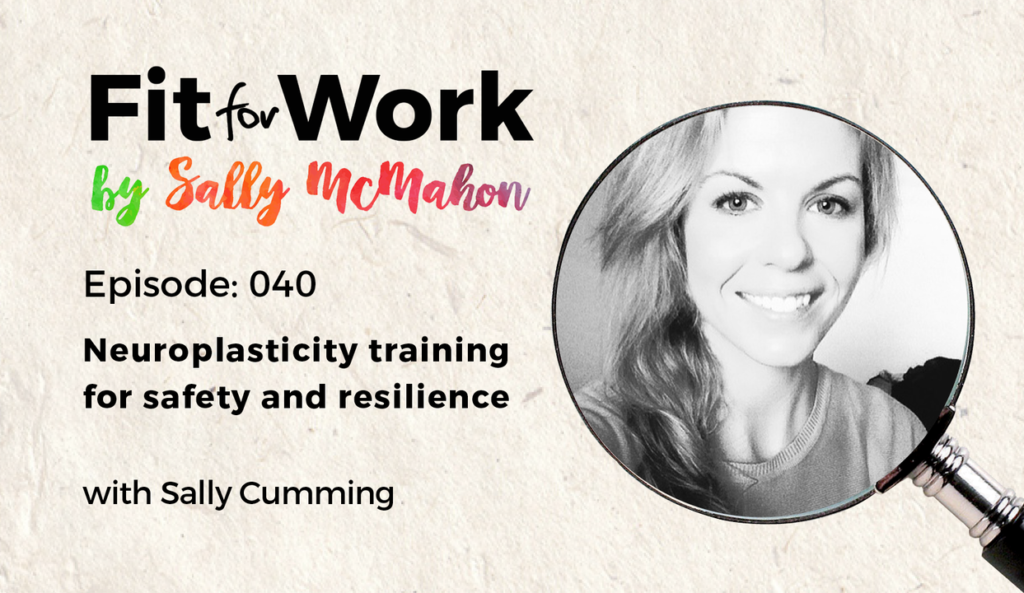Mental health conditions present substantial costs to organisations. However, through the successful implementation of an effective program to create a mentally healthy workplace, organisations, on average, can expect a positive return on investment (ROI) of 2.3. That is, for every dollar spent on prevention programs, there is an average return of $2.30 gained by the organisation.
So what does an effective prevention program entail?
A two-tiered training program is an essential strategy for delivering better mental health outcomes for managers and all employees. A program that does not also provide self-care and psychological resilience training for all employees will be ineffective. This top-down approach provides the necessary prevention tools for self-awareness and self-regulation and supports long-term mental health on an emotional and psychological level. This combined approach to both mindful leadership training, as well as mental health awareness training, assists managers with supporting employees mindfully, positively and effectively.
The objective of our mindful leadership program is to improve mindfulness and emotional intelligence related to self-care as well as leading, managing and supporting employees. The training helps strengthen and develop the communication and trust between team managers and staff members. Managers learn evidence-based practices and tools for the cultivation of self-regulation and resilience, which also assists them with enhancing their own self-awareness and leadership skills.
Mindful Manager Training for a Mentally Healthy Workplace
In 2018 we conducted a pilot study of our Mindful Leadership Training with Child Protection at the Department of Health and Human Services. Here are the results:
- 94% Found the training very enjoyable and engaging.
- 100% Found the training useful in understanding stress reactivity and how to recognise when stress is building.
- 98% Agree the tools provided in the training pack will be useful for the workplace.
- 94% Feel the tools they have learnt will help them remain calm and in control when faced with difficult or challenging situations and feel better equipped to recognise habitual thought and behaviour patterns.
- 92% Agree the training was helpful in developing their skills as a leader (e.g. mindful listening, non-judgment, effective communication, building trust).
- 90% Have a greater understanding of the benefits of mindfulness and its role at work and at home.
- 90% Have learnt effective ways to minimise distractions and improve concentration and focus.
- 92% Feel more confident strengthening relationships and trust in their team.
- 80% Agree the training has helped them be a more positive leader and role model in the workplace.
- 90% Feel more confident integrating mindfulness practices into team meetings (if applicable).
- 80% Feel better equipped to process difficult or strong emotions.
- 82% Feel more able to recognise the early signs of distress, poor mental health and mental illness.
- 84% Feel more confident supporting a distressed team member immediately and following an emotional crisis or difficult event.
A course outline is available upon request. I look forward to continuing discussions around supporting the long-term mental health of employees within your organisation.



